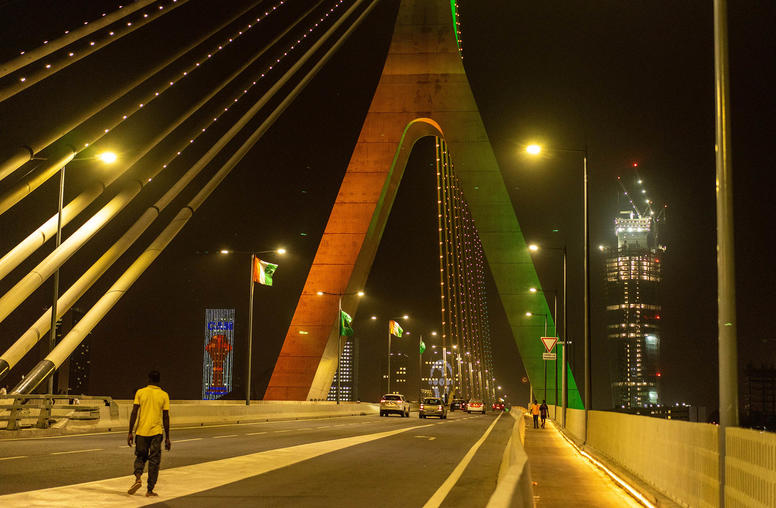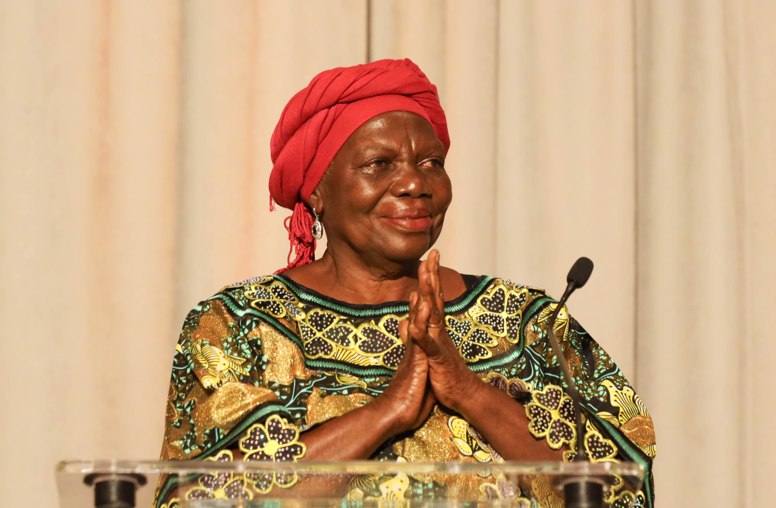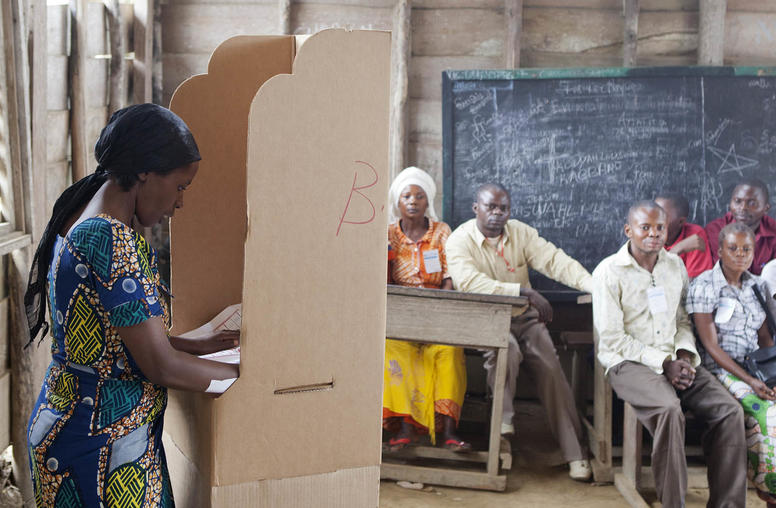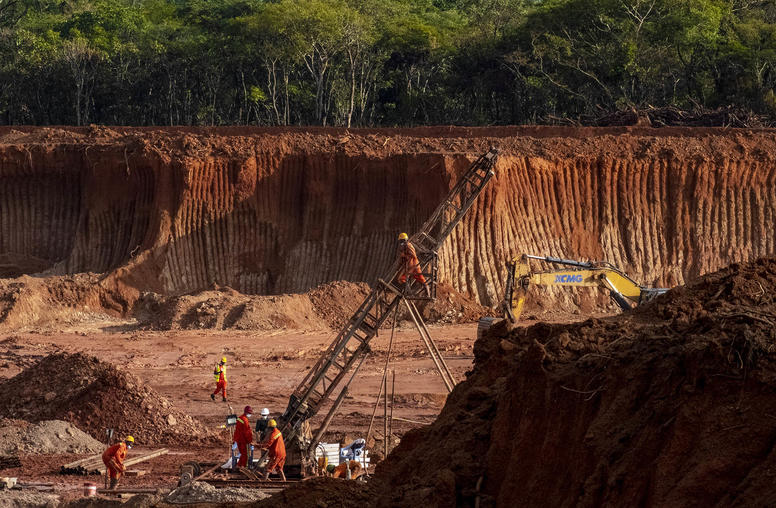Congolese Activists Demand Free and Fair Elections: Film Premiere
USIP and AFI Docs Film Festival Present ‘Kinshasa Makambo,’ with a Panel Discussion
After two five-year terms and multiple delayed elections during the controversial presidency of Joseph Kabila, the Democratic Republic of the Congo (DRC) has scheduled presidential elections for December 2018. Although hopes are high, and several Congolese contenders have publicly announced their intentions for candidacy, popular frustrations and distrust of President Kabila, whose term expired in December 2016, continue to fuel fears of rigged elections, placing the country at risk of election violence. Can the energy behind this popular frustration channel itself productively and nonviolently into political participation? How can Congolese activists position themselves to respond constructively to the possibility of fraudulent elections and post-election political engagement?
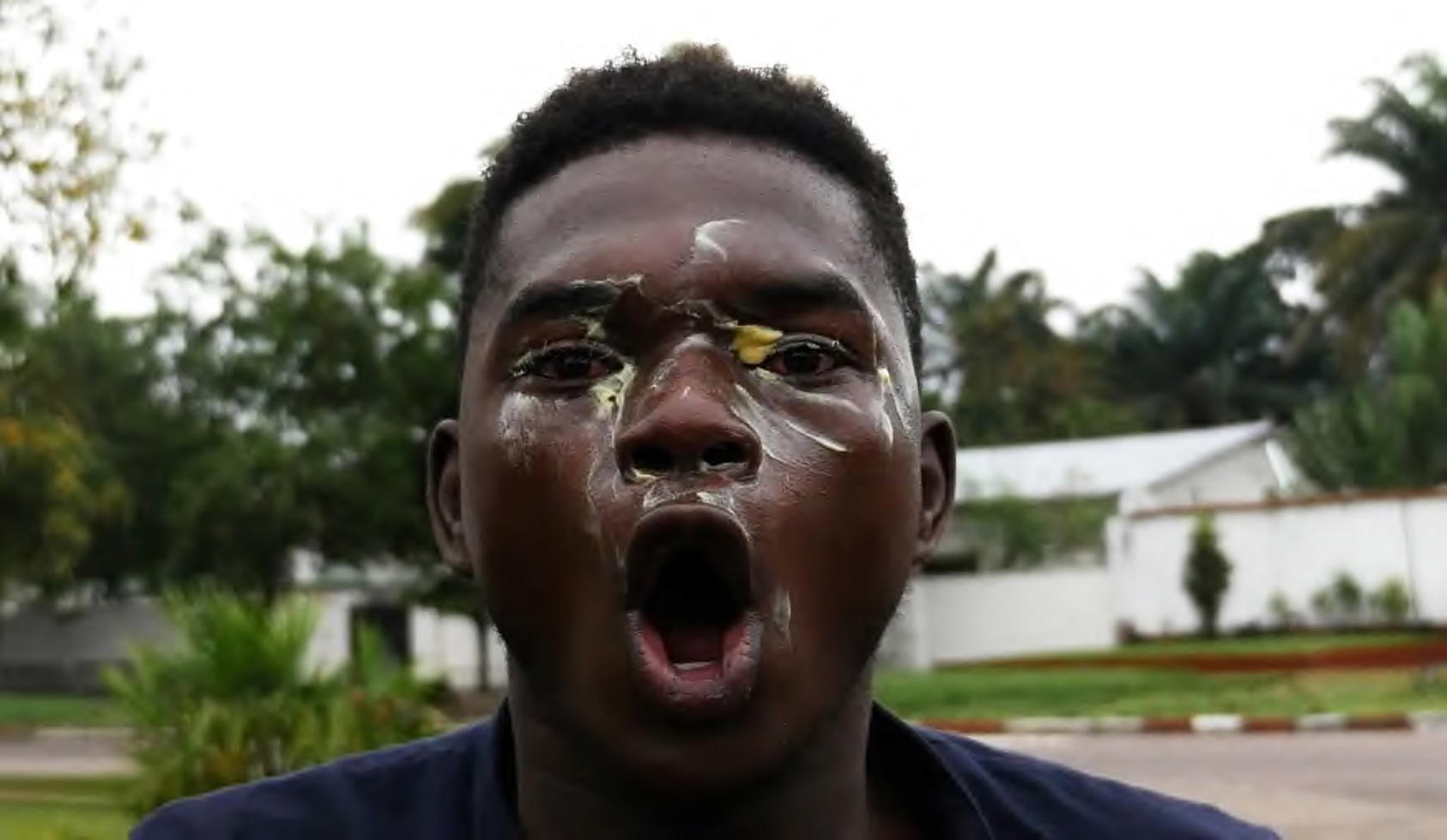
The U.S. Institute of Peace and the American Film Institute (AFI) hosted a public film screening of “Kinshasa Makambo,” a documentary detailing the journey of three young activists in the DRC who take to the streets with their fellow countrymen demanding free and fair elections in their politically beleaguered country.
Following the screening, the filmmaker and USIP experts working on the DRC discussed the country’s activist movement and political crisis, as well as the critical challenges and opportunities for Congolese activists that lie ahead.
Speakers
Steve Hege, moderator
Senior Program Officer, Middle East and Africa, U.S. Institute of Peace
Tony Gambino
Executive Director, Panzi Foundation USA
Dieudo Hamadi
Filmmaker, “Kinshasa Makambo”
Nelly Mobula
Member of the Congolese Community of the Metropolitan Region (CCMW)
Maria Stephan
Senior Advisor, Program on Nonviolent Action, U.S. Institute of Peace
